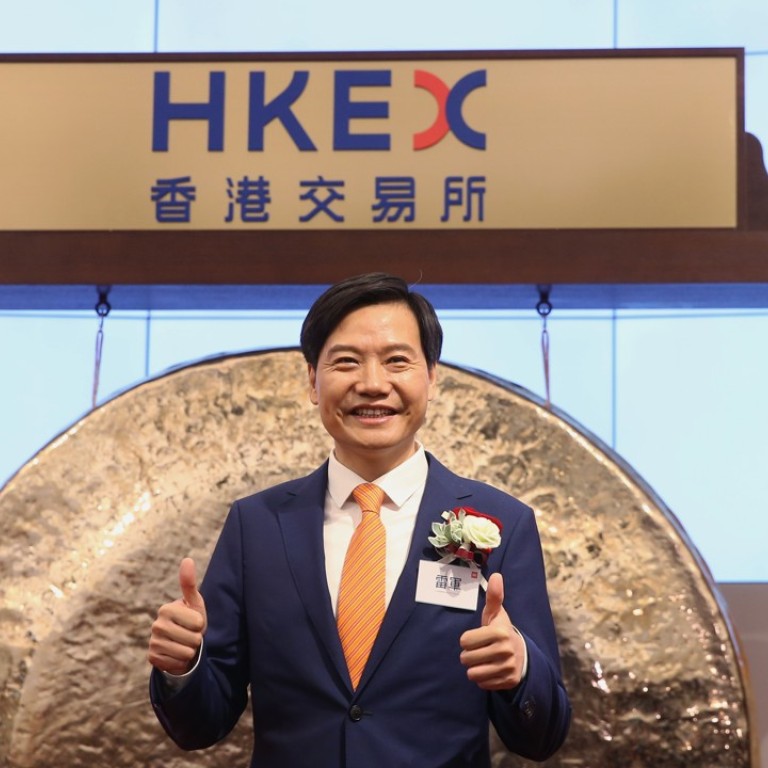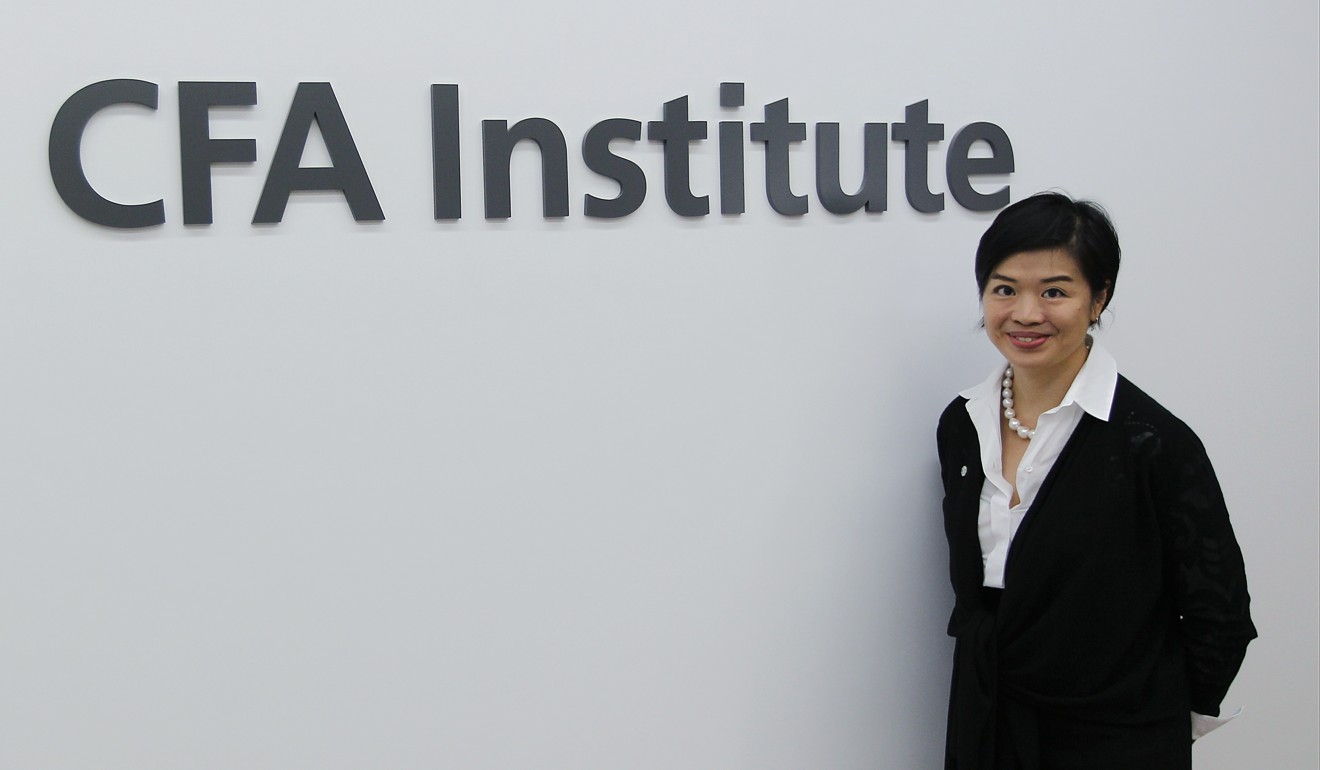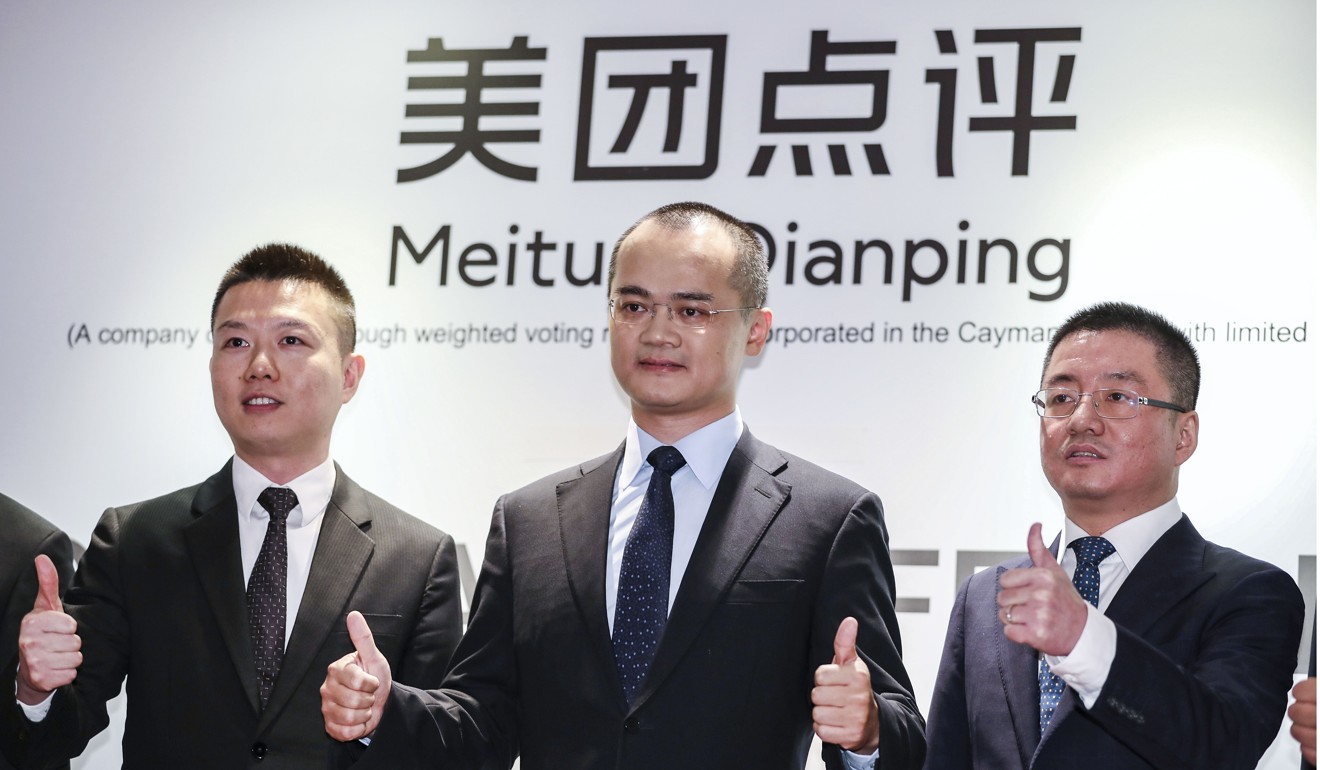
CFA Institute urges safeguards for ordinary investors in Hong Kong companies with dual-class share structure
CFA Institute recommends a mandatory “time-based sunset” where super voting rights collapse to regular shareholder voting rights five years after an IPO, to protect investors from a lack of control in their shares
Hong Kong’s dual-class shares listing rules must reform to protect investors and prevent an erosion of corporate governance, the CFA Institute said on Tuesday.
“A lot of people think that because dual-class shares structures work in other jurisdictions it will immediately, effortlessly translate into an APAC context,” said Mary Leung Ka-yan, head of advocacy for Asia-Pacific at CFA Institute. “We are trying to challenge some of those preconceptions.”

The city’s listing rules changed in April to allow companies with dual-class shares to float on the bourse, giving founders and key management stronger voting rights than other shareholders.
Many Western countries, including the US, have had such rules in place for years.
In Asia, Tokyo implemented the change in 2015 and Singapore in June, but no companies have listed so far in the city.
Hong Kong has traditionally been defined by a “one-share, one-vote” system, meaning all shareholders enjoy proportional representation in company decisions.
Just a third of Hongkongers trust financial advisers, survey finds
The fact Hong Kong could not offer Alibaba Group Holding a dual-class structure was thought to be a strong reason the Chinese tech giant chose New York for its record-breaking US$25 billion float in 2014, and was indicative of the city losing out as an IPO destination. Alibaba owns the South China Morning Post.
The reforms – aimed at attracting tech companies who want to maximise valuation and see their founders’ vision through – have drawn two of the city’s biggest tech IPOs this year.

In June, Chinese smartphone maker Xiaomi raised HK$54 billion (US$4.7 billion), while in September Beijing-based online food delivery service operator Meituan Dianping raised HK$52.8 billion.
However, in a survey carried out by CFA Institute in March this year, 97 per cent of their members in Asia-Pacific believed safeguards were needed to protect investors from a few controlling stakeholders, according to a report published on Tuesday, named “Dual-class Shares: The Good, The Bad, and The Ugly”.
Hong Kong already offers an “event-based sunset”, where founders’ stronger voting rights collapse if they leave the company or transfer shares. But more is needed, argued CFA.
The global association of investment professionals recommended a mandatory “time-based sunset” where super voting rights will collapse to regular shareholder voting rights after no longer than five years post-IPO, to protect investors from a lack of control in their shares.
Why Hong Kong firms need to do better on environment, social and governance risks disclosure
Insufficient investor protection was noted by 53 per cent of respondents as a key risk of dual-class shares, while 52 per cent highlighted the skewed proportionality between ownership and control, and 28 per cent identified an erosion of corporate governance standards.
The key thing is [founders] are entrenched, no one can move them and they can do whatever they want without being accountable
“The key thing is [founders] are entrenched, no one can move them and they can do whatever they want without being accountable,” said Leung. “No matter what public shareholders want, there is a limitation to what they can achieve.
“Even if the structure may make sense at the time of IPO, we don’t believe it should carry on forever.”
A study by the US Securities and Exchange Commission of 157 dual-class structure IPOs in the US since the early 2000s found companies with ongoing weighted voting rights and those that allowed collapsed super voting rights, had similar valuations in the first two years after floating. From the third year, however, companies with collapsed voting rights began trading at a higher valuation.
CFA respondents were also worried about their lack of education on how to invest in companies with dual-class share structures. The survey founds 60 per cent said they had no experience investing in such firms.
“While some argue we don’t need rules as we are all grown ups, in Asia because there is so much retail investment in the market when things go wrong, they look to the regulators,” said Leung.
“Are we set up in the right way to look after these people? Investors must of course do due diligence on what they are buying, but a great deal of work can be done to raise awareness and education levels.”

